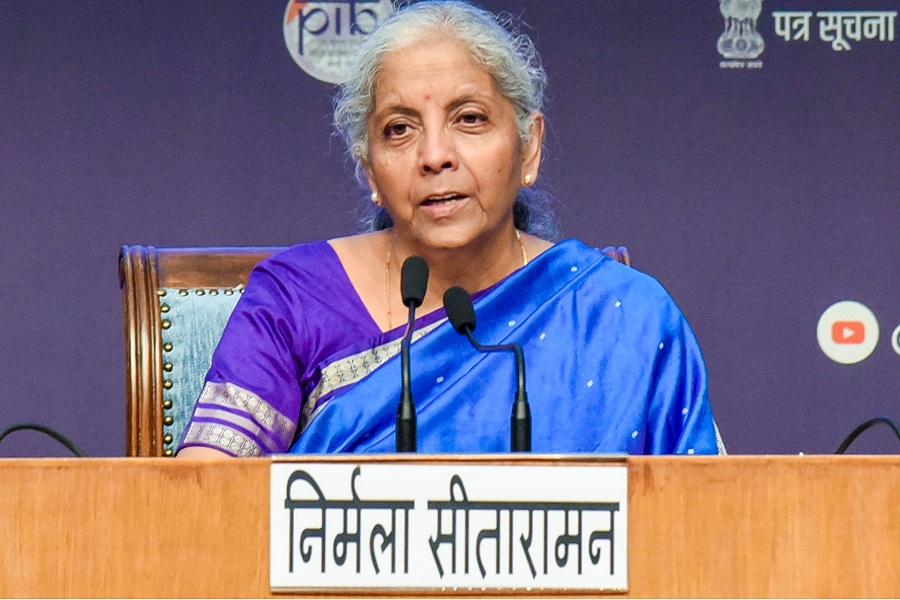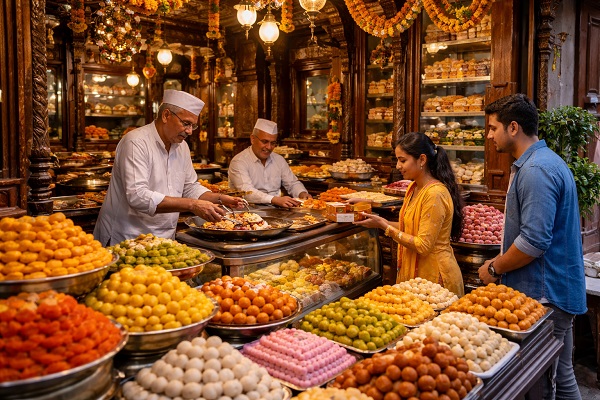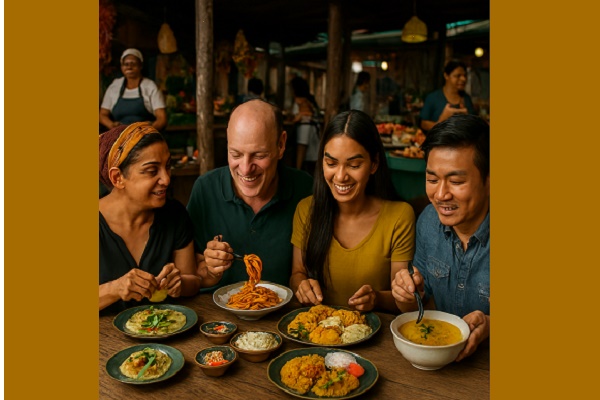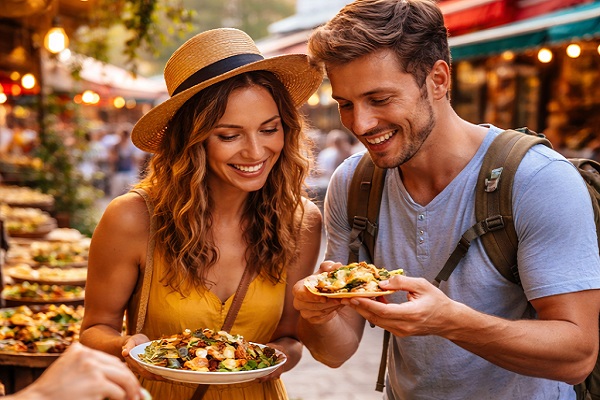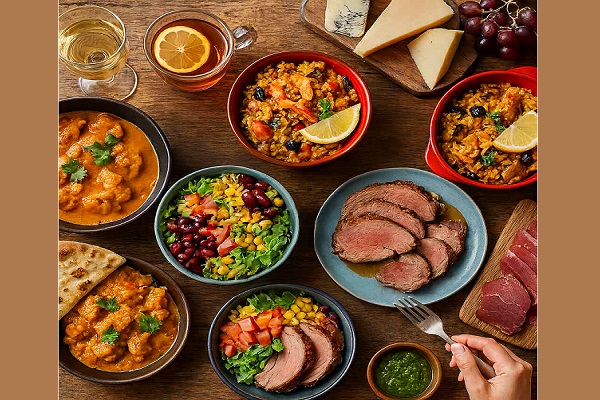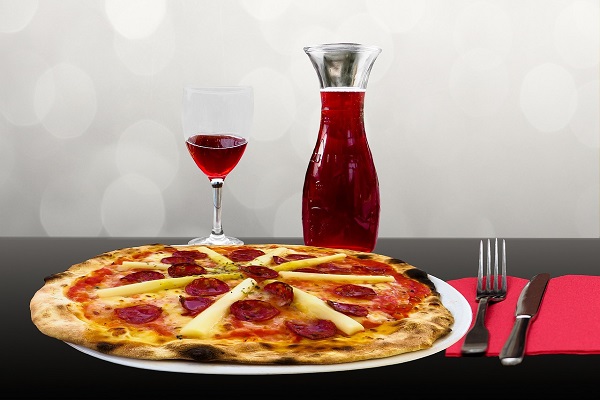Exploring Food and Beverage Tourism: A Feast for the Senses

Food and beverage tourism, often called culinary tourism, is a delightful journey into the heart of local cultures through their cuisines and drinks. This form of tourism has grown exponentially, attracting food enthusiasts and travelers who want to savor authentic flavors and understand the stories behind them.
Key Elements of Food and Beverage Tourism
Local Cuisine: Visitors indulge in traditional dishes that reflect the heritage and history of a region, such as sushi in Japan, paella in Spain, or street food in India.
Beverage Trails: Wine tours in Napa Valley, beer tasting in Belgium, or coffee plantation visits in Ethiopia provide immersive experiences for beverage aficionados.
Cooking Classes: Travelers can learn the art of making pasta in Italy, mastering spice blends in Morocco, or creating sushi rolls in Japan.
Farm-to-Table Experiences: Touring organic farms and enjoying freshly prepared meals highlights the journey from ingredients to plates.
Why Food Tourism Matters
Cultural Understanding: Food is a gateway to understanding a region's history, traditions, and lifestyle.
Economic Impact: Local food tourism boosts small businesses, farmers, and artisans.
Sustainability: By promoting local produce and reducing carbon footprints, food tourism aligns with sustainable travel.
Top Destinations for Culinary Exploration
France: Famous for its wine regions, cheese, and pastries.
Thailand: Renowned for its aromatic curries and vibrant street food.
Mexico: A haven for taco trails, mole sauces, and tequila.
India: Diverse regional cuisines offering everything from rich curries to spicy street snacks.
Tips for Food and Beverage Tourists
Research Local Favorites: Go beyond tourist spots to discover hidden gems.
Respect Dietary Practices: Be mindful of local customs, including vegetarianism or halal diets.
Engage with Locals: Conversations with chefs, farmers, and shop owners can enrich the experience.
Be Adventurous: Step out of your comfort zone to try unique dishes and flavors.
















